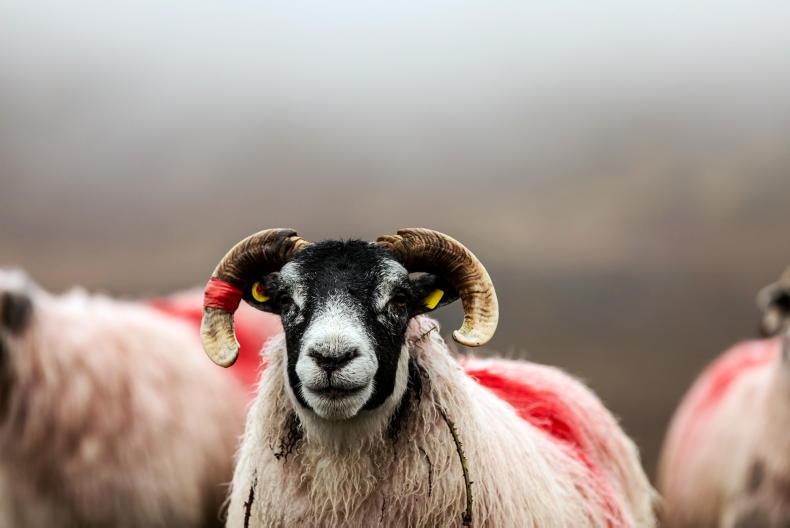A consignment of 65 sheep has been destroyed by DAERA officials at a NI port, after an attempt was made to illegally bring the animals in from Britain.
Sources have suggested the sheep were blackface hoggets, originating from Scotland, with the animals hidden within a lorry trailer. All imports of livestock into NI from Britain have been banned since November 2023, when the first case of bluetongue virus was confirmed in a cow on a farm in Kent.
Since then the number of bluetongue cases has steadily increased in England, with a restricted zone and infected area now extending down the eastern side of the country. In the 2024-2025 season, the first case was found in a sheep at the end of August. By 25 November 2024, the total number of cases in cattle and sheep stands at 168.
On enquiry, a DAERA spokesperson confirmed that the 65 sheep were picked up at a NI port on Friday 15 November.
“The animals in question were euthanised due to the risk of introduction of Bluetongue into NI. DAERA is investigating possible criminal offences arising from this incident,” said the spokesperson.
No other consignments of cattle or sheep have been intercepted at local ports since the ban on livestock movements into NI was introduced. However, for those who might consider breaking the rules, the implications go well beyond the potential of simply being caught.
“By disregarding importation requirements individuals risk compromising NI’s animal health status, with significant impacts for animal welfare, NI farmers and the wider agricultural sector,” said the DAERA spokesperson.
Status
Under current rules, the import of cattle and sheep from Britain will not resume until Britain regains disease free status for the virus – the minimum period is two years from the last positive case.
In recent months, bluetongue has been spreading rapidly across northwest Europe, with most cases being the same serotype 3 (BTV-3) circulating in Britain. However, in October a new variant (serotype 12) was found on a farm in the Netherlands.
Low take-up of vaccine in England
In early September 2024, Defra Secretary of State Steve Reed approved the use of three unauthorised bluetongue vaccines in England.
The vaccines are not currently licensed in Scotland, Wales or NI and are only effective against BTV-3.
Providing an update last Thursday at an online event organised by the Agriculture and Horticulture Development Board, Gordon Hickman from Defra confirmed that take-up of the vaccines has been “modest”, with 8,008 sheep and 3,941 cattle vaccinated to date.
He explained that many farmers have decided to hold off until next spring, given the vaccines became available quite late in the year and also because the actual impact of bluetongue has not been “dramatic”, with only a small number of deaths.
That might be partly due to the fact the bluetongue infected area is in the east of England, which has lower livestock density than areas further west.
“We’re not seeing quite the level of clinical disease that we’re seeing in the Netherlands and Germany, in very high dense livestock areas,” said Hickman.
However, experience from the continent suggests a second season of bluetongue can be much worse than the first year, especially if infected midges (which spread the disease), survive from one season to the next.
“We do need a prolonged cold snap in order to kill off midges,” said Gordon Hickman.






 This is a subscriber-only article
This is a subscriber-only article










SHARING OPTIONS: